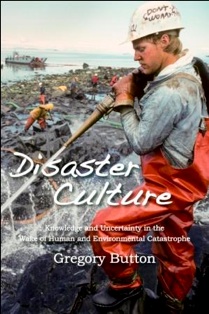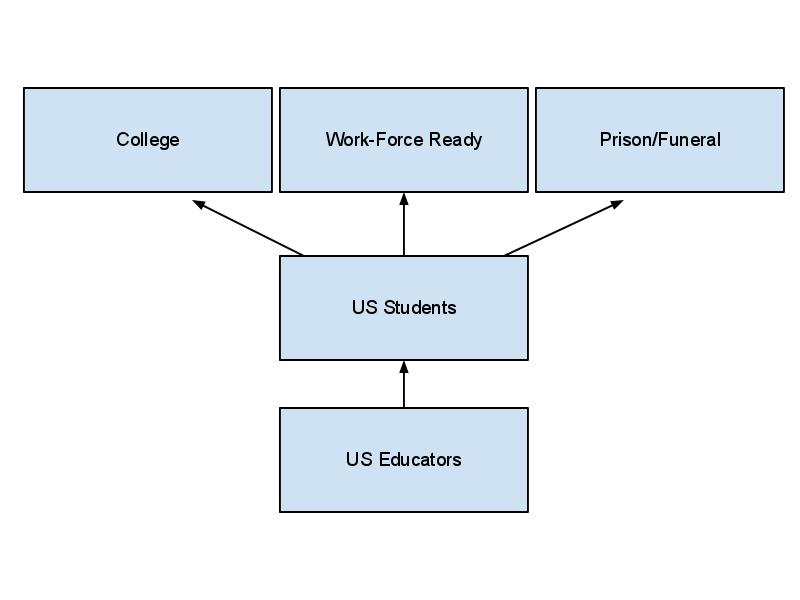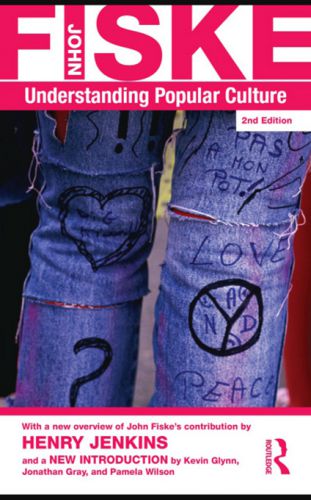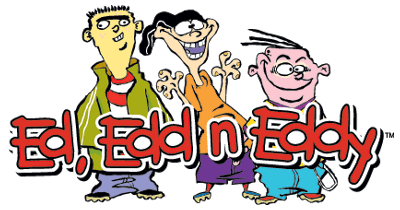I'm Currently Reading These Books
Happy New Year. Aside from re-reading articles on the social, cultural, cognitive, and communicative/technology aspects of education as I study for the doctoral certification exam later this month, I'm also reading the following books below. Robbie McClintock's Enough: A Pedagogic Speculation is proving to be one of my favs of all time. I highly recommend this book, (officially released this month) for anyone wanting a reflective and historical approach to understanding education and culture. Set in the year 2162, McClintock, a former TC-Columbia University professor of Education, presents a half-memoir, half-futuristic speculation of the past (which is present-day) by weaving together various fictive voices. The structure of the book is unique as it's loaded with a plethora of historical references, citations, and a glossary of key concepts. Most notable about this book, however, is the footnote section, which tells its own story throughout. The reader is forced to follow the author's "radical" reflections across time and space as it concerns questioning the difference between education and the practice of schooling. This book should be required reading for educators, policy makers, and anyone else who gives a damn about this cultural moment.
 Disaster Culture by Gregory Button
Disaster Culture by Gregory Button
 The Analyst by John Katzenbach
The Analyst by John Katzenbach
Understanding Popular Culture by John Fiske
Racial Literacy Roundtable with Dr. Chance Lewis
I'm currently at a racial roundtable with Dr. Chance Lewis at Teachers College, Columbia University. He presented this illustration. I copied it down real quick in Google docs. Thought-provoking, no?

U.S. tax dollars will fund all three pipelines for students; college, work-force; prison/funeral; the question is, where do you want your tax dollars to go?
Click on the image to enlarge.
"So, You're Getting an EdD?"
That's what the little person in my head says as an attempt to cast doubt about my chosen academic path. The snide remark does and sorta doesn't work because I don't doubt my path as much as I'm annoyed at the thought about "explaining" my chosen academic path to others. I'm totally used to it though. When I decided to pursue my master's in Women's Studies I was hit with a lot of dumb ass questions like this one: "Women's Studies, huh? So what do you plan to do with that degree?" It's not only that the question itself is annoying but so is the tone in the person's voice when s/he asks me the question. Oh, that tone grinds my gears (cc Peter Griffin) like nails across a chalkboard! Granted, I could be totally misinterpreting the tone; projecting my own doubts on to the questioner. I'm willing to admit that I am a paranoid perpetual projector. However, as one who has a way of reading between the lines in a culture that devalues "gendered disciplines" like in the humanities, social sciences, and especially education, I'm willing to bet that it's less about my issues with paranoia and projection, and more about people's dumb ass assumptions toward my chosen intellectual journey.
Which brings me to the EdD "issue". Last year I spoke with one of my mentors about the "PhD (Doctor of Philosophy) versus EdD (Doctor of Education)" question in education. He was honest in telling me that when looking for a job some universities might have conflicting perceptions about the EdD route. However, they tend not to question the degree as much if it comes from an "Ivy League" institution. *eye roll* Another one of my professor's noted that it would not necessarily be in the best interest of a university to question an EdD from Harvard let alone a cousin school like Teachers College, Columbia University. The EdD is generally recognized as a research degree, whereas the PhD in education is, well, I'm not quite sure how, in relation to the EdD, it's recognized if not similarly to a high level research degree in education (but you can read more about the differences and similarities HERE). In the end, as my mentor told me, it's about the dissertation. If you produce a quality dissertation that contributes to the field, or fields, then it's likely that the "PhD versus EdD" problem (of perception) won't be an issue when looking for a job in higher ed.
If someone asks why I chose to pursue an EdD over a PhD I can honestly tell them that Teachers College, Columbia University was the only school that was offering a doctoral program I was interested in, which happened to be an EdD program. That's really it.
But unfortunatley, perception is becomes reality. Broadly speaking, people perceive a PhD differently than they do an EdD; where the former holds more value or prestige for some reason. Perhaps one reason could be because the term "PhD" has been reappropriated in popular culture to connote certain things about higher education whereas the term "EdD" has not. In reality, at least in my program, there is no difference between an EdD and PhD. I put in the same, if not more, research and inquiry into pursuing my degree as a PhD student. So while the rest of society continues to institutionalize the idea of degrees, I'd rather get down to what really matters; the intellectual path of the scholar and how s/he contributes to scholarship.
As I was sitting in class today it dawned on me why I do what I do. (I'm sending virtual apologies to my professor for zoning out during her lecture, but this epiphany was just too good to ignore!) Here's what I realized:
If you don't know, I'm currently pursing a doctoral degree in Computing, Communication, and Technology in Education (CCTE) at Teachers College, Columbia University (read more about my program here). My degree plan is somewhat interdisciplinary if you consider that I am studying research and theories spanning multiple disciplines of communication, media, and education. Until today, I was never really satisfied with how I articulated why I chose to interrogate research that intersects with (at least) three major disciplines in both the soft and hard (or rather stiffer) sciences. But I figured it out. I enter into the field with a background in feminist theory and as a practitioner of education and media. 'Gender' and 'race' studies are my preferred areas of theoretical scholarship. Media are my preferred sites to study identity and knowledge production. And education, namely literacy, is the domain in which I choose to engage my activism as an educator, media maker, and feminist scholar-in-training.
So, why the EdD in CCTE you ask, oh-little-snarky-person-in-my-head? Because this is the one program where I can combine all that I am and do with what I love to study and practice. Plus, the name of this blog sounds way cooler than would "Breakfast Ph.D. Omelet". o_O
I'm from a black dot on a white canvas searching for rainbows
This is a multimodal piece I produced for my class in Culture, Media, and Education. I like fusing media and genres (written/spoken poetry, painting, digital video). Suites me quite well. [vimeo http://www.vimeo.com/20187343 w=398&h=224]
I am from long strokes of acrylic bent on canvas sky from blotches of black and blue mixed with white and reds I am from the taste of colors long forbidden Soul food, Black Foot, Irish-American.
I am from somewhere vague like shadows at noon from Negro seeds planted in the fields on hot southern days from an east coast milk truck named “Conley” for short. I am from somewhere whose love managed to give me life.
I am from hard fights and harder hugs from bedrooms of imagination filled with stories of magic carpets and gospel songs. I am from the house on 8th street where herbs grew in gardens instead of mangos.
I am from my mother’s eye Watching and waiting from her spirit longing to be free from the rainbow shirt that covered her belly with me inside.
I am from my father’s hands lost in the strokes of oily painted white mountains, from the heart he held to stop the attack, from hardened pale fingers I touched that were unfamiliar. From the shadow that moved curtains when it was over.
I am from an amalgamation of memories from a black dot on a white canvas searching for rainbows.
#culture #media #education #multimodality
I make videos about stories
This one is inspired by Ann Marie Fleming's illustrated memoir The Magical Life of Long Tack Sam. Fleming uncovers some of the mysteries surrounding her great-grandfather Long Tack Sam, a famous magician in the 20th century. She uncovers. I continue to search. [vimeo http://www.vimeo.com/19870165 w=398&h=224]
#storytelling #mixedmedia #spaceelsewhere


